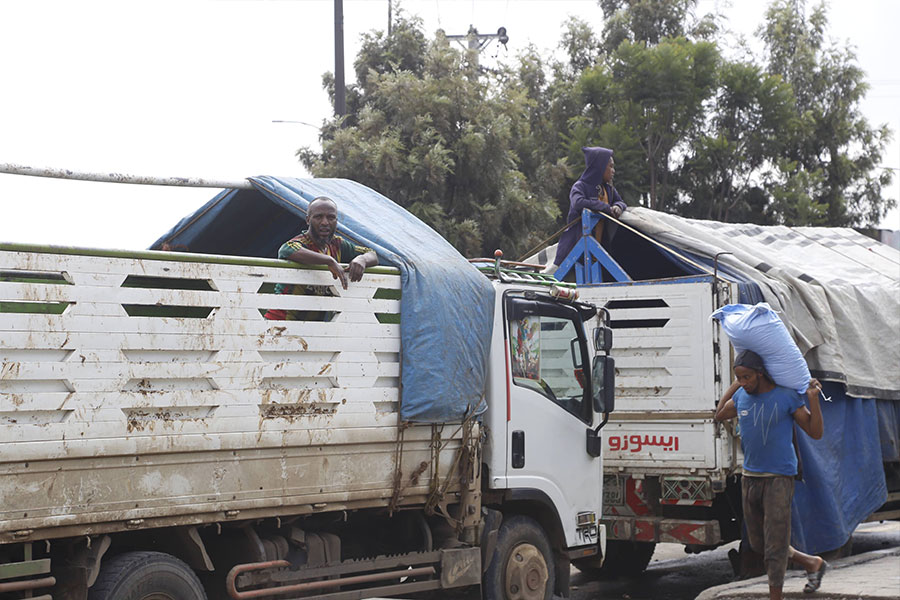
Fortune News | Aug 14,2021
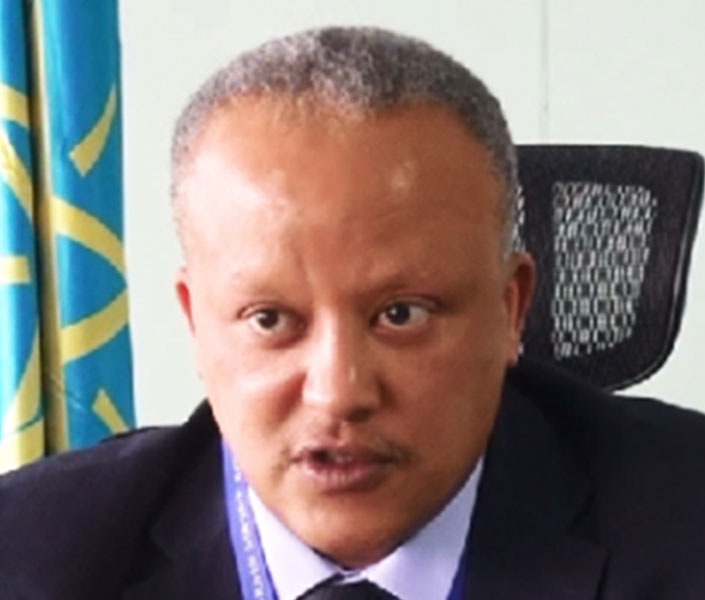
The state-owned shipping company will jump-start transporting steel from the international market after a year-long lull due to COVID-19 and Russia’s war in Ukraine. Company executives pledge they are willing to revise their shipping tariff to revitalise sluggish imports.
Ukraine and Turkey are major sources of steel products for the Ethiopian market. Metal products worth one billion dollars were imported this year, representing six percent of total import bills.
Roba Megerasa, CEO of the Ethiopian Shipping & Logistics Services Enterprise (ESLSE), is determined to see the full resumption of steel imports transported by his vessels. He was in Turkey talking with and reaching agreements with its traditional clients: Metal Market, Vilmeks, and Izo Metal. These companies sold metal products to Ethiopia valued at 116.3 million dollars. However, China surpasses 400 million dollars, claiming 43.2pc of the market share. India tried to catch up with 97.6 million dollars.
Transporting the metals has faced challenges following the pandemic outbreak two years ago, causing global logistics disruptions and high shipping tariffs.
“We “ll operate at full capacity,” Demissew Benti, corporate communications department director, told Fortune.
Industry players, however, doubt whether the Enterprise transports the metal at a lower price. Shipping tariffs are high, and lack of operational coordination.
“What does a lower price mean and compared to what?” said Almaw Berhane, a country agent for Metal Market. “This needs further clarification.”
Established in 2001, Metal Market is a manufacturer and one of the top 100 exporters in Turkey. It exports to 75 countries in South America, Africa, Asia, Europe, and Oceanic Islands.
“We’re making assessments to adjust the prices,” Roba told Fortune. “We’ll announce it soon.”
However, importers are frustrated with the Enterprise due to the long waiting time to receive cargo. Chronic container shortages cause importers to wait months to see their cargo loaded. The shortage has brought tariff increases by over four-fold. This forced the state shipping service provider to acquire 3,000 containers last year, spending 765 million Br.
“Importers can’t even get waivers to use other shipping alternatives,” said Almaw. “Letters of credit expire doing nothing.”
Banks demand importers to submit a bill of lading from the ESLSE when securing letters of credit which they have to use within three months.
A month ago, Weyo Roba, Sugar Industry Group’s CEO, lobbied his board to push for alternatives as shipping costs have become too high. The Group uses the ESLSE for sugar transportation.
The massive backlog and the surge in demand translated to an overcrowded shipping industry. Shipping giants like the Denmark-based Maersk began charging more than five times the pre-pandemic fees to ship containers to the United States or Europe from China. The price of shipping a single container to these markets surpassed 20,000 dollars, up from 4,000 dollars two years ago.
Kality Metal Products Factory is one of the importers and manufacturers facing input shortages. Its plant, 20Km southeast of Addis Abeba, opened its doors in 1968 by Riso Sporando, an Italian national who had invested half a million Birr in initial capital. Through privatisation, Tsehay Industry S.C. bought it from the state in 2012.
A crippling shortage of inputs, exasperated by the forex crunch and the war in Ukraine, brought the factory down to its knees. The factory depends entirely on imported hot and cold rolls, as well as galvanised steels, to produce mainly rebars (reinforcing bars) and steel tubes. The company buys products from suppliers in Turkey and Ukraine, two countries which sold 226 million dollars worth of metal this year, claiming 22pc the market share between them.
Tsehay has imported 500tn of metal after securing half a million dollars two months ago.
“The shipping cost is also a challenge,” said Workneh Tesfaye, chief executive officer (CEO). “We pay close to 86 dollars per ton.”
It is not different for C&E Brothers Steel Factory Plc. Last year, the company obtained 13.8 million dollars to import 19,000tns of inputs.
“We’re in big trouble,” said Wondifraw Belete, general manager.
Established in 2008 with a paid-up capital of 105 million Br, C&E Brothers Steel Factory has an annual capacity of producing up to 700,000tns of metal products, mainly rebar. The factory is now operating under five percent capacity.
With the Metals Industry Development Institute determining the prices, metal product manufacturers’ were informed to collect scrap metal, primarily used for manufacturing reinforcement bars, a month ago. A kilogramme of steel costs 29 Br, while cast iron is traded at 21 Br. Officials at the Ministry of Mines hoped that over 1,000tns of scrap metal available to six manufacturers could ease the challenges.
The Institute facilitates the supply of scrap metal based on the factories’ production capacity. Vehicles that have sustained severe damage and cars that have served longer than 40 years are disposed of as scrap.
“It was nowhere to meet our demand,” said Wondifraw.
Takele Uma, former mayor of Addis Abeba, was appointed to the mining and energy portfolios in the cabinet two years ago. An engineer by training, Minister Takele pushes the industry to rely on domestic supplies of scrap metals.
The industry demands for raw materials are estimated at 12 million tonnes of billet, slab, bloom, and sponge iron, annually. The 410 factories, employing over 126,000 people, have a combined annual production capacity of 11 million tonnes of steel. There are close to a dozen of metal-melting factories.
Solomon Mulugeta, president of the Ethiopian Association of Basic Metals & Engineering Industries, an industry lobby group representing 75 manufacturers, says that the move of the Shipping Enterprise will somehow lessen the challenge of manufacturers producing below 20pc of their capacity. However, he argued that the imported items needed to be an input for manufacturers.
“The import of finished products would be no help to support manufacturers,” he said. “The Enterprise should consider tariffs, too.”
PUBLISHED ON
[ VOL
, NO
]

Fortune News | Aug 14,2021

Fortune News | Feb 19,2022
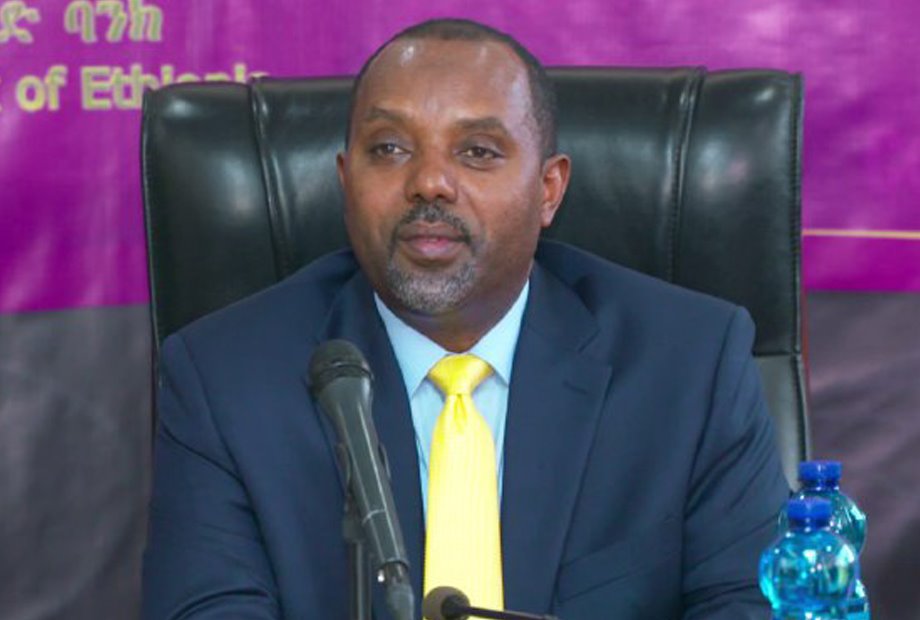
Covid-19 | Mar 19,2020
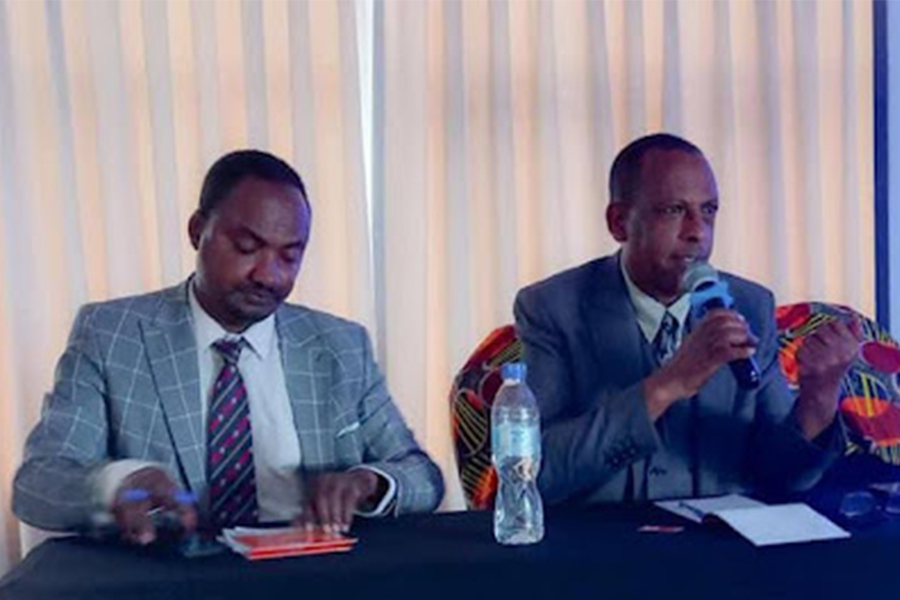
Radar | Sep 14,2024
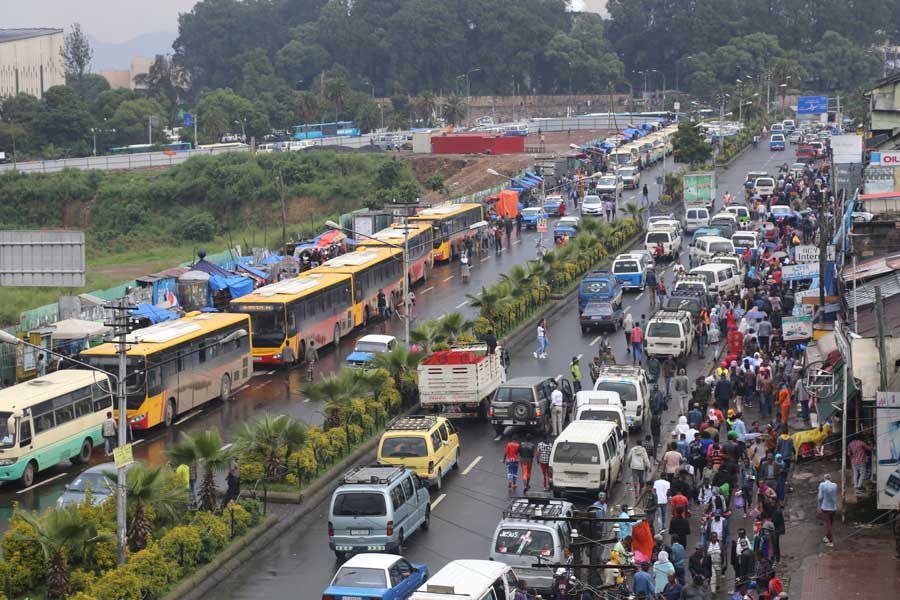
Covid-19 | Jun 07,2020

Dec 22 , 2024 . By TIZITA SHEWAFERAW
Charged with transforming colossal state-owned enterprises into modern and competitiv...

Aug 18 , 2024 . By AKSAH ITALO
Although predictable Yonas Zerihun's job in the ride-hailing service is not immune to...

Jul 28 , 2024 . By TIZITA SHEWAFERAW
Unhabitual, perhaps too many, Samuel Gebreyohannes, 38, used to occasionally enjoy a couple of beers at breakfast. However, he recently swit...

Jul 13 , 2024 . By AKSAH ITALO
Investors who rely on tractors, trucks, and field vehicles for commuting, transporting commodities, and f...

Oct 18 , 2025
The political establishment, notably the ruling party and its top brass, has become p...

Oct 11 , 2025
Ladislas Farago, a roving Associated Press (AP) correspondent, arrived in Ethiopia in...

Oct 4 , 2025
Eyob Tekalegn (PhD) had been in the Governor's chair for only weeks when, on Septembe...

Sep 27 , 2025
Four years into an experiment with “shock therapy” in education, the national moo...